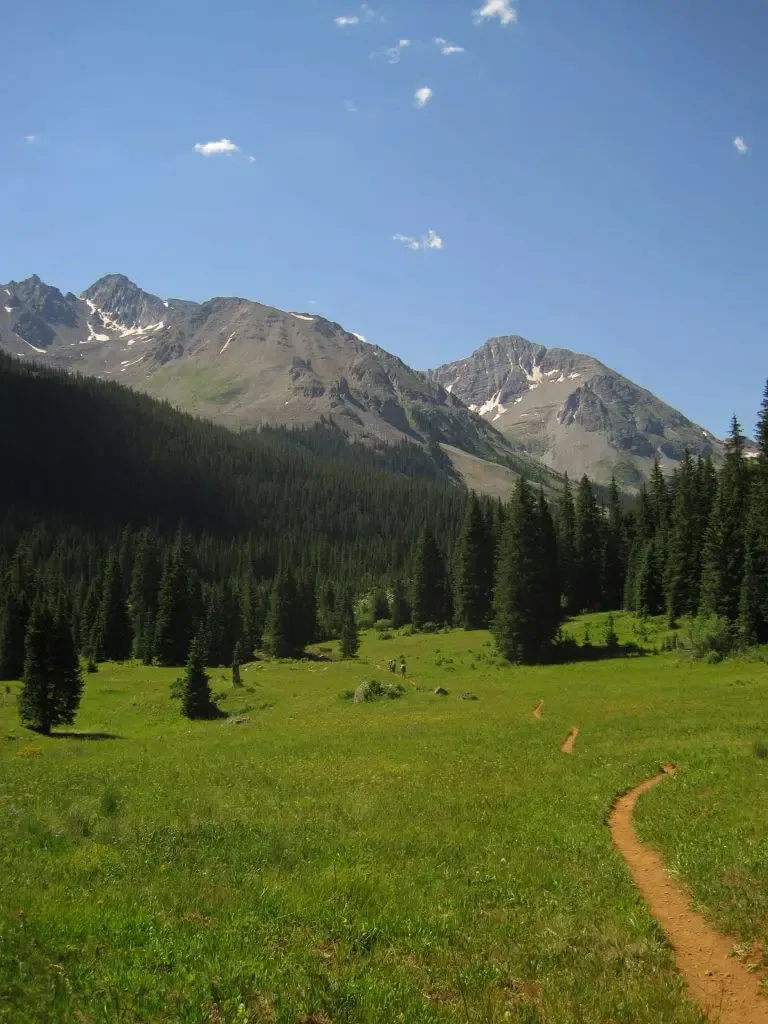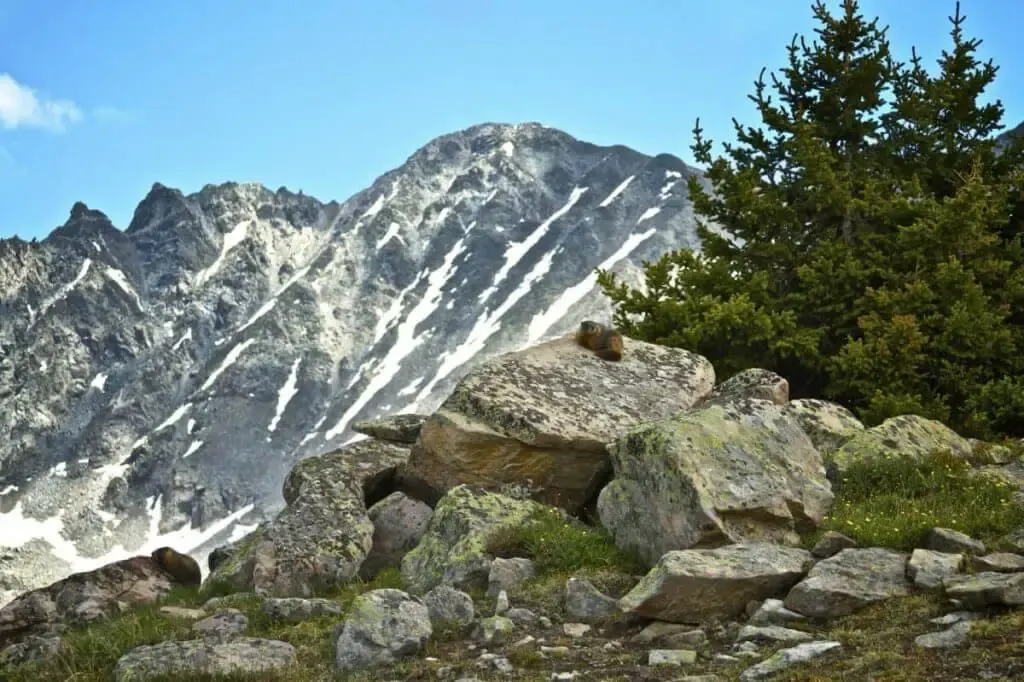A young, beautiful, and healthy college student recently passed away on a camping trip.
She didn’t fall. She wasn’t engaging in risky alcohol or drug behaviors. She didn’t get attacked or bit by wildlife. She had proper gear, food, and water.
Yet, a simple camping trip ended her life. Why? How?
From fire accidents, wildlife attacks, and fall injuries to dehydration and drowning incidents, there’s a lot that can go wrong on camping trips.
From alcohol use to not being properly geared, there’s also a lot of human factors involved in camping incidents that end in medical emergency.
Of course, there’s a camper’s general health and preexisting conditions to consider, too.
Most outdoorsmen know the above and take appropriate precautionary measures.
Few, however, expect or plan on drowning in their own body fluids on a camping trip, which is what happened to Susanna “Susie” DeForest back in August.

Susie was just a typical 20-year-old Pennsylvania College student who’d gone camping in Colorado’s Maroon Bells-Snowmass Wilderness with her three girlfriends.
She’d recently completed her sophomore year of college, where she was studying to be a graphic designer. Her passions included hiking, nature, and conservation.
What Happened To Susanna DeForest?
Things took a sudden turn for the bad as Susie and her three friends were hiking the muddy and rocky Conundrum Creek Trail.
As far as hikes go, the trail was rated moderate to difficult, easy to follow, and with an estimated completion time of five to eight hours in and three to six hours out.
Susie would never make it to complete that trail. She suddenly began to vomit and feel very ill, which prompted her friends to stop ahead of time and set up camp.

One friend stayed with Susie in the tent while the other two made the trek to obtain help.
It was almost 11 p.m. before emergency dispatchers were aware of Susie’s condition.
Sadly, despite Susie’s condition continuing to worsen, the initial rescue helicopter couldn’t land at the campsite.
It would be a little before 5 a.m. the next morning before help would arrive. It was too late, though. Susie had passed away from acute altitude sickness.
What Is Acute Altitude Sickness?
Acute altitude sickness occurs from the thinner air within high altitude environments not providing enough oxygen to people unaccustomed to it.
The body often responds to sudden altitude increases by breathing faster, and the result can be high altitude pulmonary edema (HAPE) and/or high altitude cerebral edema (HACE.)
As the lungs and brain swell and collect fluid, the body literally drowns in its own fluids.

Susie likely unknowingly began to experience HACE and HAPE when she arrived at Dillon’s 9,111 feet altitude a couple days prior to setting off on the hike.
Her body steadily collected fluid without her ever knowing.
As it collected over the days leading up to the hike, her body eventually began vomiting in a futile attempt to remove the fluid.
How To Recognize Altitude Sickness
Pitkin County Sheriff’s Office issued a statement after Susie’s death to remind readers that they should be aware of altitude sickness, especially over 11,000 feet, and that the signs and symptoms are often difficult to recognize.

While severe/fatal altitude sickness is rare with Colorado’s altitude, Susie’s death reminds travelers that it’s always prudent to do gradual altitude increases over the course of several days.
This allows your body time to adjust, hydrate, and rest in response to the changes in oxygen levels from sea level to 8,000 feet and above.
What is gradual?
Experts generally agree that a good rule of thumb to follow is not to ascend more than a 1,000 feet in altitude per day.
While this may sound easy, consider the 8,000- 11,000 feet elevation ascension on Pennsylvania’s Mt. Davis that’s slated for a single day hike.

Such rapid and significant ascents can be highly dangerous for those not accustomed to living at higher altitudes.
In closing, readers can help make Susie’s life continue to impact the world by sharing her story.
Help ensure other travelers are aware of altitude sickness, how it impacts the body, and what to do to prevent it from happening.

